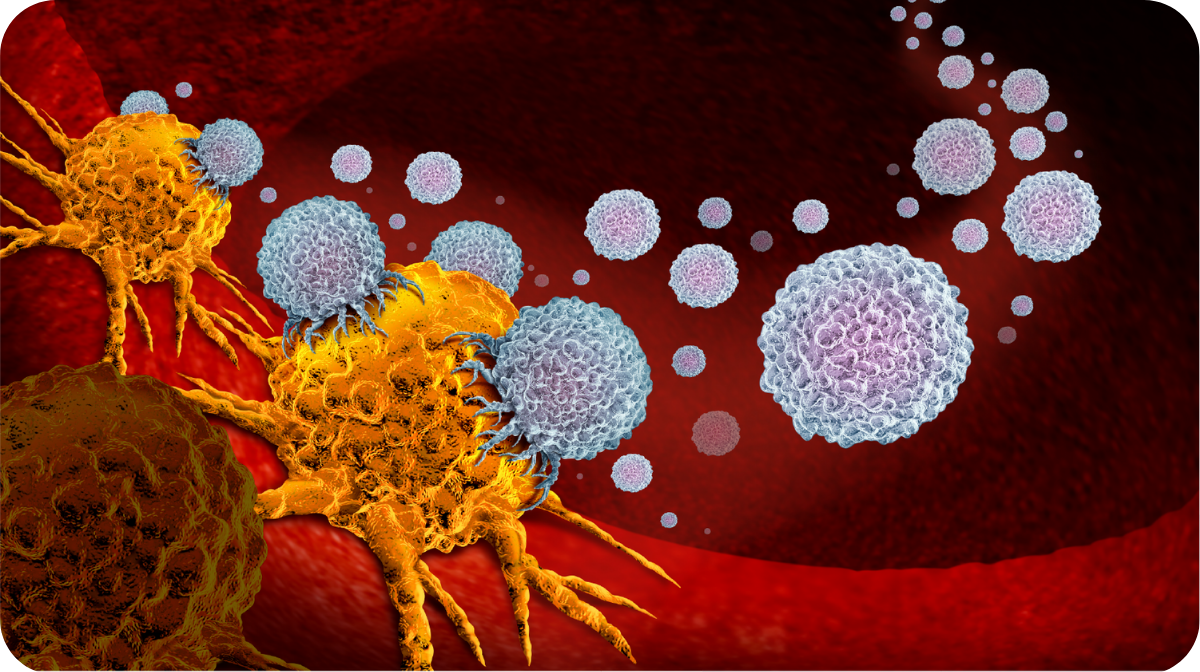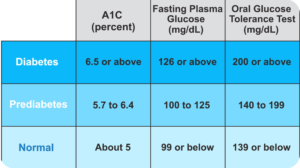An experimental cancer treatment trial using the drug Dostarlimab has shown promising results that may offer future cancer patients hope. The trial included eighteen rectal cancer patients who all took the drug as a part of immunotherapy treatment. Even though the trial included a significantly small sample size, the results were astonishing. Both symptoms and signs of cancer were entirely eradicated.

Examination by endoscopy, PET scans, or MRIs appeared to show that the cancer in each case had disappeared post treatment. Although focused on one drug, the study illustrates the potential of immunotherapy in treating a range of cancers. The trial was led by Dr. Luis A. Diaz, Jr., and Dr. Andrea Cercek, both at Memorial Sloan Kettering Cancer Center. It was published in the New England Journal of Medicine, and the article revealed that the pharmaceutical company GlaxoSmithKline had funded the trial.
What is Immunotherapy?
Immunotherapy is a type of treatment that uses the body’s immune system to fight disease—usually cancer. It is becoming an increasingly common—although still extremely expensive—treatment option. Although different types of immunotherapy drugs work in different ways, they all focus on two main goals: unmasking cancer cells to make the cells a target for the immune system, and boosting the immune-system response. Here are five basic types of immunotherapy drugs.
- Immune checkpoint inhibitors
- T-cell transfer therapy
- Monoclonal antibodies
- Treatment vaccines
- Immune system modulators
Dostarlimab is a checkpoint inhibitor. Its function is to unmask the cancer cells, so that the immune system can attack and destroy them. Drugs like Dostarlimab are attractive because they can have applications beyond cancer, such as treating allergies, autoimmune disorders, and persistent antibiotic-resistant infections. Immunotherapy is less invasive and less traumatic than the traditional options of surgery, radiation, and chemotherapy (although some immunotherapy drugs are used in conjunction with other treatments).
Current Limitations
Several factors currently limit how well immunotherapy works, or even if a given patient has access to this option.
- Current immune response. The patient’s immune system must be strong enough to mount a significant response once the body recognizes the cancer cells.
- Predictive factors. These include the age of the patient and the cancer’s stage, among others.
- History. Immunotherapy is generally not used in cases where the patient has already been treated with chemotherapy.
- Spread. Current immunotherapy treatments are normally only used if the cancer is confined to a particular area of the body and lymph nodes. It is generally not used in cases where the cancer has spread to other organs.
- Expense. The costs of immunotherapy drugs is often a prohibitive factor. The drug used in this trial, Dostarlimab, is currently $11,000 per dose. Patients in the trial were given a dose every three weeks for six months.
- “Standard of Care.” This is the basis used by individual doctors, oncology practices, and insurers to allow treatment with, and cover the cost of, immunotherapy drugs. Standard of Care defines the accepted protocols as they apply to individual cases. Experts make treatment decisions based on protocols that have an established track record of predictable outcomes.
Because immunotherapy uses drugs to boost the body’s immune system, and the immune system is unique to each body, this is not a miracle cure for everyone. It may not work for certain patients. In addition, some patients can experience serious side effects.
The View Forward
Battling any cancer is challenging, and hope is part of any recovery. Although this trial is preliminary and included a small sample size, it does provide a glimmer of hope for the future promise of immunotherapy in cancer treatment. More research needs to be done, but cancer patients investigating options should ask their doctors if immunotherapy might be an appropriate part of their personal treatment plan.





